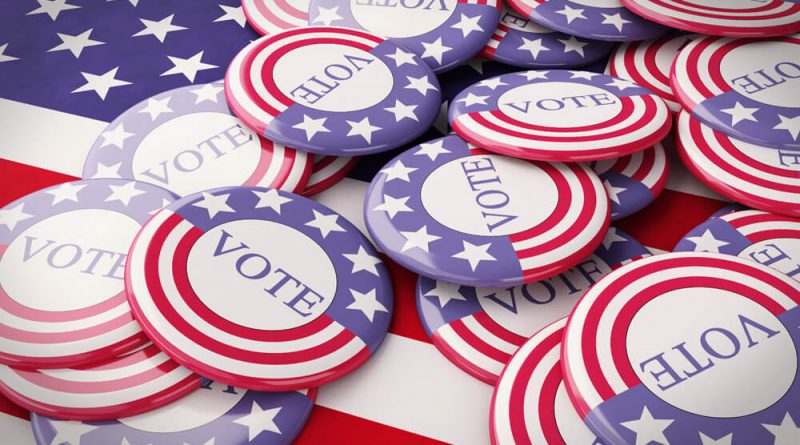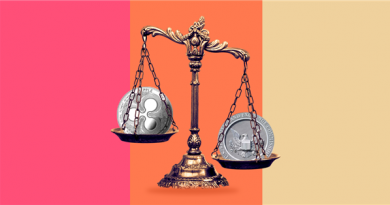Where Can Political Hopefuls Accept Crypto Donations?
Many political candidates are beginning to open their campaigns to digital currency donations. Shrina Kurani – the American-born daughter of Indian immigrants – is a democrat candidate looking to land a congressional seat in Los Angeles and is just one of many political hopefuls trying to earn crypto funds from would-be donors.
Where Political Campaigns Can Accept Crypto
She stated in an interview:
We are a campaign that is speaking to a large part of the population, especially younger people.
The good news is that Kurani is not running for any sort of California-based Legislature seat or other form of office within the region. The Golden State recently announced that it would not allow any crypto donations for political campaigns despite the federal government having no problem with it.
Other states – including North Carolina and Arkansas – also do not allow political candidates to collect crypto donations. The situation is very up and down depending on where the candidates are, and the rules are quite different for every jurisdiction. It is rare that states are relatively loose in their regulations when it comes to crypto acceptance.
At the time of writing, only a small handful of states, including Idaho, Hawaii, and South Dakota, have little to no regulation when it comes to crypto donations.
Perianne Boring – CEO and founder of the Chamber of Digital Commerce – explained in a recent statement:
Blockchain technology can increase participation in the political process in a very positive way.
Beth Rotman – director of the Money in Politics and Ethics Program for the nonpartisan watchdog organization Common Cause – also threw her two cents in, saying transparency in the crypto world is quite a problem, and she’s worried about the effects this could have on the political spectrum. She said:
In campaign finance, you want disclosure. You need backup information. I know (cryptocurrency) is sexy and signals to people that you’re a hip new candidate, but there has to be a better way to do it than to compromise the other parts of the campaign finance system.
Timothy Massad – former chairman of the U.S. Commodity Futures Trading Commission (CFTC) – also expressed concerns about financial disclosures regarding crypto political donations. He stated:
The danger is that this is still, in my mind, a sector where there is insufficient regulation, particularly on the risk of illicit activity and money laundering.
The crypto space has become so big and so popular in recent years, that some states previously barring political candidates from saying “yes” to crypto donations have begun to rethink their strategies. California, for example, has announced that it’s going to reexamine its ban later this year and determine if it should stick around.
Rethinking the Ban?
Jay Wierenga – spokesperson for the California Fair Political Practices Commission – explained:
The commission is always seeking to keep up with and get ahead of the changing universe around political activity.
Source: Read Full Article



